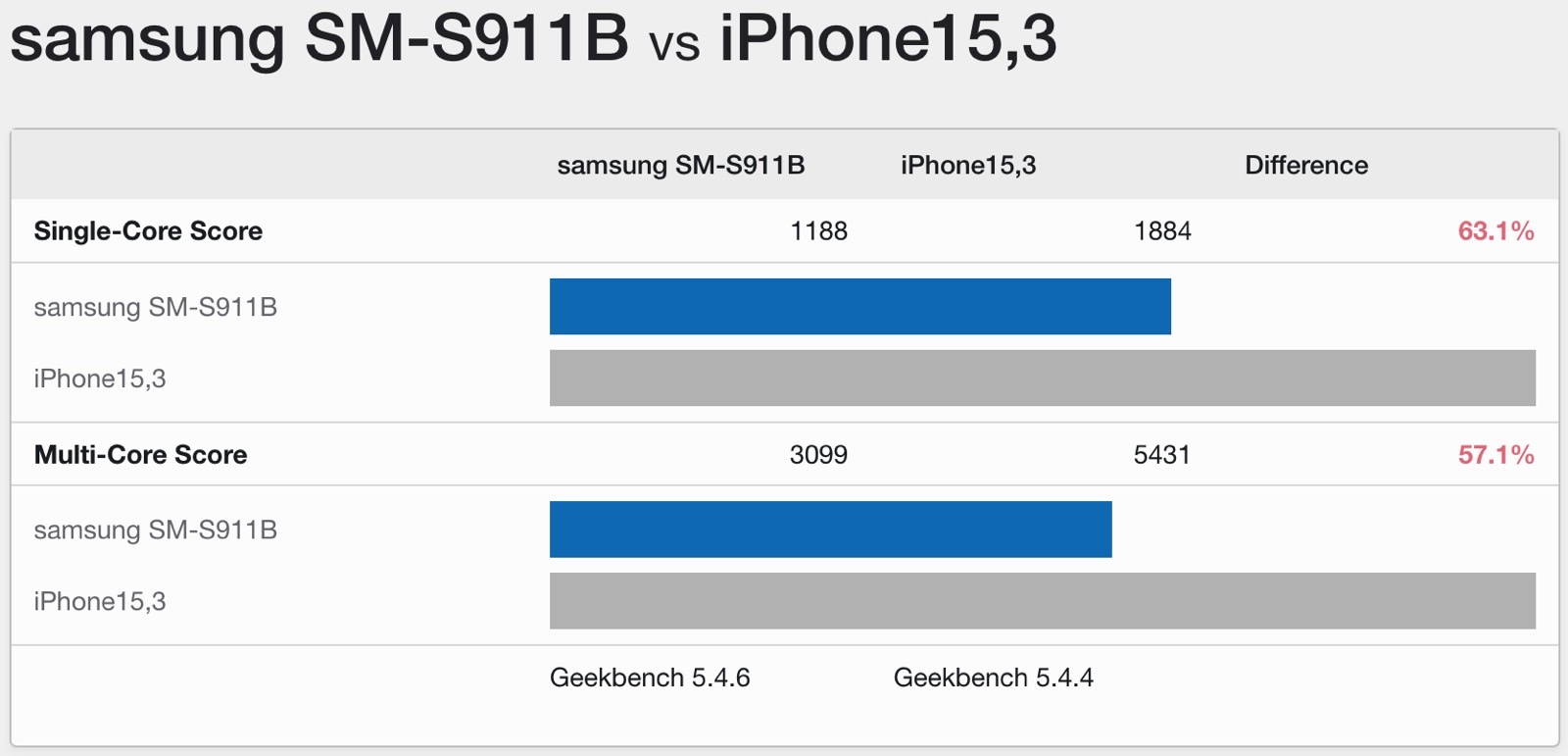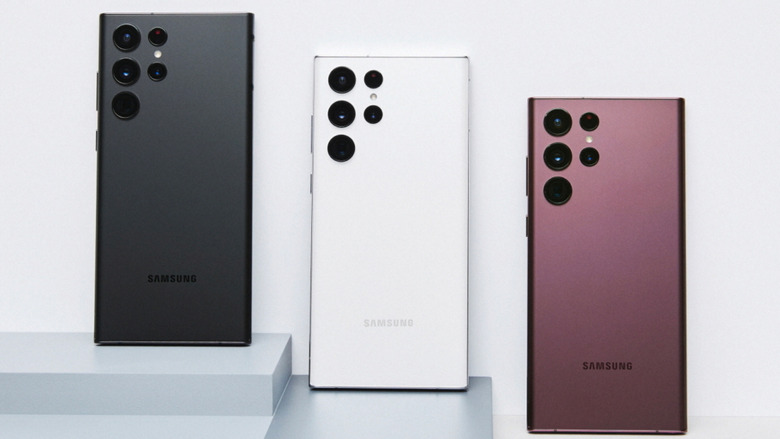Galaxy S23 Benchmarks Reveal Exclusive Snapdragon 8 Gen 2 Chip
We're less than two months away from the Galaxy S23 launch event, with a recent leak claiming Samsung will unveil the new Galaxy S23 series on February 1st. After this year's Galaxy S22 performance issues that hurt the phone and Samsung's reputation, there's a new reason to be excited about the next-gen handsets. All Galaxy S23 models will run on Qualcomm's latest Snapdragon 8 Gen 2 chip, which is great news.
Moreover, rumors a few weeks ago indicated that the Ultra might sport an exclusive variant of the Snapdragon 8 Gen 2 chip, clocked higher than the chip versions that will be available to other Android vendors. A new leak indicates the base Galaxy S23 model will get the same exclusive System-on-Chip (SoC) variant. But the benchmarks aren't nearly as good as the S23 Ultra, signaling a potential issue.
Prominent Samsung leaker Ice Universe found evidence a few weeks ago that the Galaxy S23 series will feature an overclocked Snapdragon 8 Gen 2 SoC variant. Separately, other leaks for the chip powering the Vivo X90 Pro+ showed the new Qualcomm silicon will put up a great fight against the iPhone 14 Pro's A16 Bionic.
Fast-forward to December, and SamMobile discovered a new Geekbench listing that shows scores for the base model. The mid-November result indicated that the Galaxy S23 Ultra will clock at a top of 3.36GHz for the fastest chip core. Comparatively, the regular Snapdragon 8 Gen 2 chip runs at a top speed of 3.19GHz.
The new Galaxy S23 benchmark test reveals the same 3.36GH frequency for the fastest CPU core. Moreover, the GPU is also overclocked, running at 719MHz instead of the 680MHz speed the chip should get.

However, the Galaxy S23 running on this overclocked chip only scored 1188 and 3099 in single-core and multicore tests. That's well below the 1504 and 4580 scores of the Ultra from mid-November. And it's a surprise, considering that both devices feature the same overclocked Snapdragon 8 Gen 2 chip.
One explanation is that we're looking at a Galaxy 23 variant running beta software. Benchmarks usually improve on commercial units.
But there's another scenario to consider. The base Galaxy S23 model might not have great cooling. In such a case, performance throttling is to be expected. That's what happened with the Galaxy S22 this year, and the Exynos 2200 variants suffered greatly.
Overclocking the chip but not improving the phone's cooling wouldn't be ideal. It's also the kind of decision that will surface once people start taking the new handsets apart.
Separately, Samsung has committed to not cutting costs on its 2023 flagships, which should include the Galaxy S23 series. But just as that report came along, Ice Universe warned that the Galaxy S23 might not feature cooling systems that work as well as other Android handsets.
This is all speculation and conjecture at this point. We're talking about early benchmarks for a flagship that won't launch until February 1st.
We should not lose sight of the fact that Samsung is doing the right thing by going for Snapdragon-only chips in the Galaxy S23 series. Or that it negotiated an exclusive variant of the new flagship SoC. And, hopefully, the Galaxy S23 won't have the same performance issues as the Galaxy S22.
